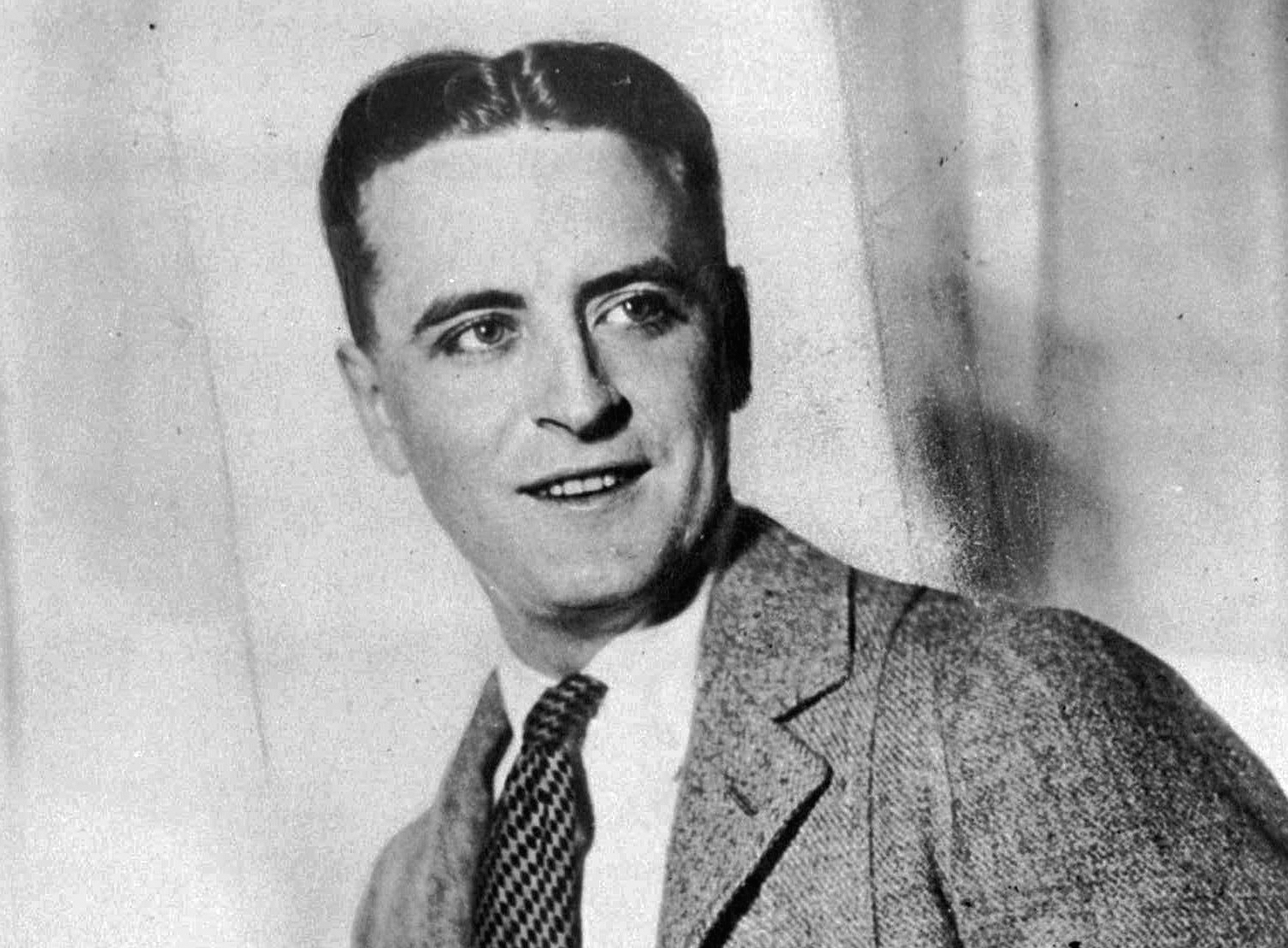
Scott Fitzgerald is regarded as one of the finest American writers of the 20th century. His most notable work was the 1925 novel, ‘The Great Gatsby.' Perhaps the quintessential American novel, as well as a definitive social history of the Jazz Age, 'The Great Gatsby' has become required reading for virtually every American high school student for several generations. Ernest Hemingway, who was greatly influenced by Fitzgerald's short stories, famously wrote that Fitzgerald's talent was "as fine as the dust on a butterfly's wing." During his lifetime, Fitzgerald published four novels, four collections of short stories, and 164 short stories. In his later years, he also attempted to reinvent himself as a screenwriter in Hollywood. Although the author temporarily achieved popular success and fortune in the 1920s, Fitzgerald only received broad critical acclaim after his death in 1940. Since then, much of Fitzgerald's work has been adapted for film, while scholars continue to promote the literary legacy left behind.
After entering Princeton in 1913, Fitzgerald firmly dedicated himself to honing his craft as a writer. He wrote scripts for Princeton's famous Triangle Club musicals, articles for the Princeton Tiger humor magazine, and stories for the Nassau Literary Magazine. One of his poems in the Nassau was called “Princeton–The Last Day,” which depicts the sadness of beauties that don’t last forever. He even tried out for the Princeton football team during his freshman year, but he was cut on the first day of tryouts because he was so slim.
However, Fitzgerald's extracurricular activities came at the expense of his coursework. At Princeton, he took a careless attitude toward academics and cut as many classes as he could—which resulted in Fitzgerald being placed on academic probation. In the fall of 1915, he caught malaria and dropped out. He half-heartedly returned to Princeton for his junior year, but washed out of all his classes, and later joined Army officer training school for World War I in 1917.
To date, Fitzgerald remains among Princeton’s best known alumni. The famous scribe has been featured on PAW’s cover at least twice, and his life and loves continue to fascinate Princeton readers. In 1996, to mark the centennial of his birth, the University hosted a conference that examined his work with an exhibit at Firestone Library, drawn from his papers held in the University’s Department of Rare Books and Special Collections. The Fitzgerald Papers—a comprehensive literary archive containing original manuscripts, drafts, correspondences, and other original materials—were donated to his alma mater in 1950 by his daughter. To commemorate the writer's passing in 1940, PAW included a memorial, written by his former classmates, summing up what he meant to the university. "The Class has lost its best known member; its first to attain nationwide fame; its first to appear in Who’s Who; and perhaps its only member who in spirit never grew much older than the college boy we all knew."
